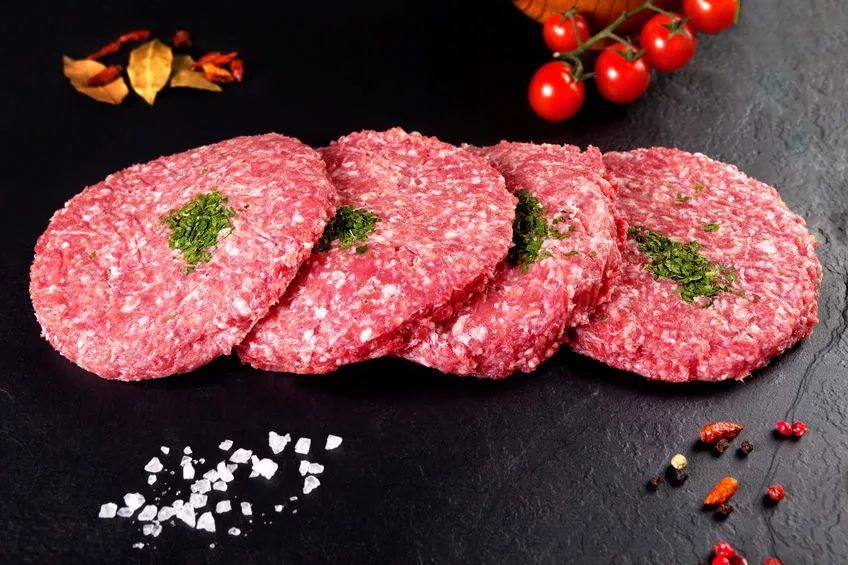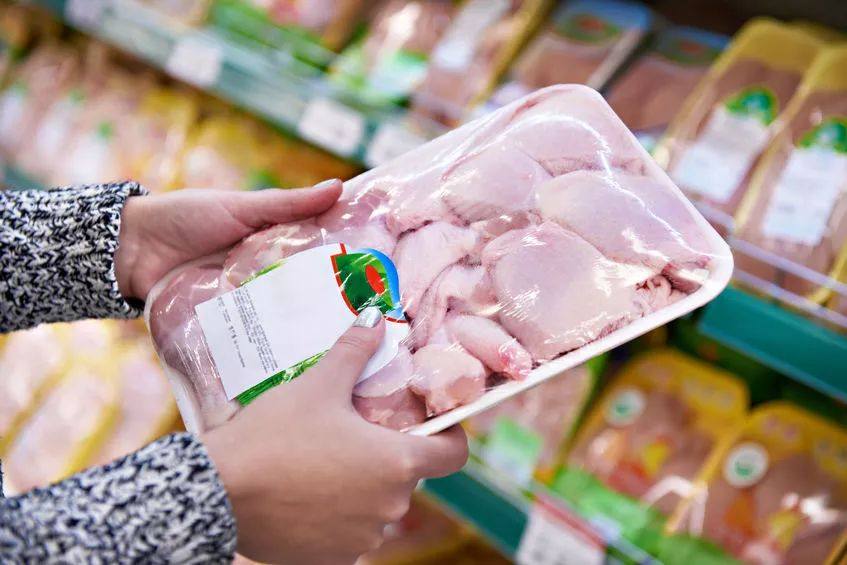After adding supplementary foods, the tangled problems follow one by one:
The baby is so small, will it not digest meat?
How old is it to start eating meat?
Many mothers think that their children have to wait at least 8 months before they can eat meat paste. They always think that they will not digest it, or that they can eat it only after eating various vegetables and fruits.
It is wrong to think so ~
Babies grow up and iron meat is indispensable.
The latest suggestion of the American Academy of Pediatrics is that children should give priority to foods rich in iron at the beginning of adding supplementary foods. Attention should be paid to muddy foods, such as high-iron rice flour, animal liver mud and red meat mud (pork, mutton and beef).
Meat can provide high-quality protein, rich B vitamins, iron, zinc, copper and other trace elements that are easy to absorb.
Eating meat can effectively prevent the occurrence of protein malnutrition and iron deficiency anemia. Eating meat in an appropriate amount is very important for the growth and development of babies.
How old is the baby to start eating meat?

As long as the baby starts to add supplementary foods, he can eat red meat.
Especially red meat rich in heme iron, such as pork, beef, mutton, etc., is one of the important sources of baby iron.
Adding red meat too late will easily lead to insufficient intake of iron and zinc, and in serious cases will lead to iron deficiency anemia, affecting normal growth and development.
Of course, you should eat more than one kind of food a day. While eating meat, you should also ensure staple food, vegetables and other foods.
How much meat does the baby eat every day?

6-12 months old
For babies who have just started to add supplementary foods, their appetite is not very big, and eating 20 ~ 30 g of meat paste every day is about the same.
However, the intake of meat should be gradually increased. For children before the age of 1, it can be gradually increased to 50 g of meat, poultry and fish per day (the size of an adult’s slap).
The characteristics of meat should also gradually transition from minced meat to small diced meat and small slices.
Over 1 year old
It can continue to maintain the previous intake, or it can be appropriately increased to 50 ~ 75 g of meat, poultry and fish per day.
At this time, we can further enrich the cooking forms of meat, such as frying shredded meat and making meatballs.
How to choose nutritious and smooth meat supplements?

First of all, we should choose the right part. For livestock meat (pork, beef, mutton and other four feet), leg meat and tenderloin are the most suitable parts for babies to eat, both of which are relatively low in fat content.
Leg meat is the most convenient to buy and the price is relatively low. If it is cooked directly, it may be more firewood, which is suitable for making meat paste at the initial stage of supplementary food.
The tenderloin is very tender and difficult to chew and swallow. Whether it is shredded meat, diced meat or slices of meat, it is the most suitable.
In the process of meat treatment, adding some starch-rich ingredients, such as potatoes, carrots, sweet potatoes, etc., can improve the taste of the meat, and the made meat paste will be more delicate and more suitable for small-month-old babies to swallow.

If mothers have time, self-made supplementary foods are certainly recommended, which is more economical and affordable, but it is not bad to buy some supplementary meat mud products with guaranteed quality, which are guaranteed in safety and nutrition.
Moreover, the chewing of meat is relatively difficult. After commercial treatment, the finished meat paste will be more delicate than what you make at home, and the baby’s acceptance may be better.
In addition, the amount of meat supplementary food made at home is relatively large, and it is difficult for the baby to eat it within a week due to his small appetite. It is relatively difficult to process and preserve it. Commercial meat paste solves this problem well.
When choosing, try to buy small cans for packaging. If the ingredients in the ingredients are not allergic to the baby’s separate attempts, and try to choose products that do not add extra sugar and salt.
